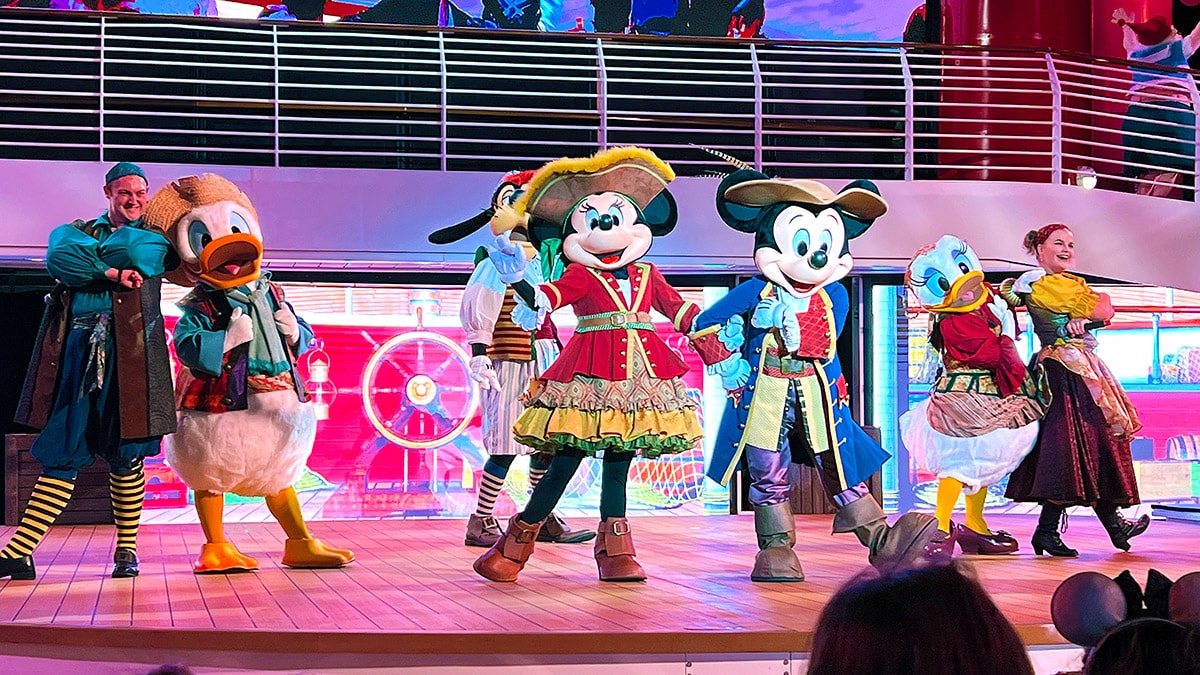In the realm of entertainment, the portrayal of societal norms has often been a reflection of the prevalent culture. However, over the years, a shift has occurred, with shows increasingly challenging these norms and embracing progressive themes. This evolution in storytelling has played a pivotal role in shaping perspectives, sparking conversations, and advocating for social change atlaspro.
One of the most striking aspects of contemporary entertainment is its willingness to address taboo subjects head-on. TV series and streaming platforms have become platforms for exploring complex societal issues such as mental health, LGBTQ+ rights, racial inequality, gender norms, and more. These shows not only bring these topics into the spotlight but also humanize them, allowing audiences to relate on a personal level.
Take, for instance, the representation of mental health in popular shows like “BoJack Horseman” or “13 Reasons Why.” These series delve deep into the intricacies of depression, anxiety, and trauma, portraying characters in a raw, unfiltered manner. By depicting the struggles and experiences of individuals dealing with mental health issues, these shows have contributed to reducing stigma and initiating conversations about seeking help and support.
Moreover, the LGBTQ+ community has found increased visibility and representation in entertainment. Shows like “Pose,” “Orange is the New Black,” and “Sense8” have not only featured diverse LGBTQ+ characters but have also provided platforms to discuss the challenges they face. By portraying their stories authentically and compassionately, these shows have fostered greater empathy and understanding among viewers.
Racial inequality and social justice have been poignant themes in recent entertainment as well. Productions like “Dear White People” and “When They See Us” shed light on systemic racism and the struggles faced by marginalized communities. By confronting uncomfortable truths and presenting narratives that challenge stereotypes, these shows provoke important conversations about equity and justice.
Another significant shift in entertainment has been the redefinition of gender norms. Shows like “The Crown,” “Pose,” and “Transparent” have explored gender identity and transgender issues, offering nuanced portrayals that humanize these experiences. These representations contribute to broader societal acceptance and understanding of diverse gender identities.
Furthermore, the #MeToo movement has influenced storytelling, prompting a reexamination of power dynamics and consent. Shows like “The Morning Show” and “Big Little Lies” have tackled issues of workplace harassment and domestic abuse, sparking conversations about accountability and societal attitudes towards these sensitive topics.
The impact of these progressive themes in entertainment cannot be overstated. They not only entertain but also serve as a catalyst for change. By challenging norms and addressing taboo subjects, these shows encourage empathy, understanding, and acceptance. They empower individuals to embrace diversity and advocate for a more inclusive society.
As viewers, we have a role to play in supporting such content. By actively engaging with and advocating for shows that prioritize progressive themes, we contribute to a media landscape that fosters meaningful dialogue and social progress.
In conclusion, entertainment shows have evolved to become powerful tools for challenging norms and advocating for social change. Through their portrayal of diverse and progressive themes, these shows inspire audiences to reflect, discuss, and take action towards a more equitable and inclusive world. As creators continue to push boundaries and tell compelling stories, the impact of entertainment on societal perceptions and values will continue to be a driving force for positive change.
